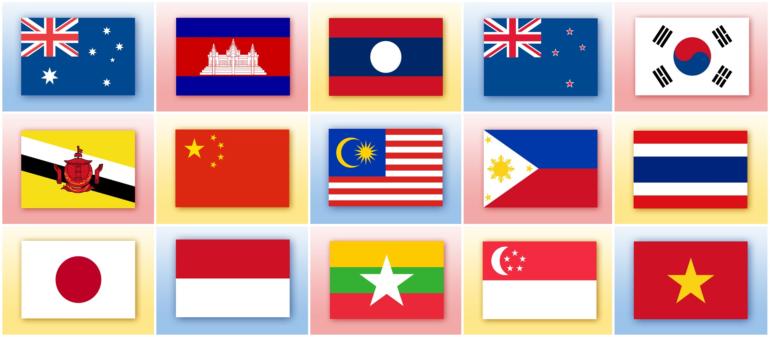It’s called the Regional Comprehensive Economic Partnership or RCEP. It includes 10 ASEAN countries and five of its major trading partners: China, Japan, South Korea, Australia and New Zealand. Together, the fifteen countries aim to create a massive trading bloc covering a third of the world’s gross domestic product. Until recently, India was expected to sign onto the deal. But, Prime Minister Narendra Modi withdrew, saying the pact would hurt its farmers, businesses and consumers. With or without India, the deal is expected to be signed next year.
To discuss all of this:
- Atul Aneja is the China Associate Editor for the Indian daily newspaper, The Hindu.
- Arthur Dong is a professor in the McDonough School of Business at Georgetown University.
- Saruhan Hatipoglu is CGTN’s Global Economics Analyst and the CEO of BERI.
- Steve Keen is a distinguished research fellow with University College London and author of “Debunking Economics.”
For more:
India’s decision to stay out of the #RCEP indicates that its Act East policy cannot be as proactive as China’s because of resource gaps, therefore efforts must be limited to building influence in the Indo-Pacific region, wtites Manoj Kumar Mishrahttps://t.co/lp0kbTOora
— Asia Times (@asiatimesonline) November 18, 2019
#Australia & #NewZealand continue to bat for #India's entry into #RCEP. Officials of both nations have been in touch with other partners in the free-trade agreement & were behind the RCEP nations deciding to keep the door open for India. https://t.co/ifCaYHPkuu @SpisbahIndia
— Australia India Institute, Delhi (@aiidelhi) November 18, 2019
 CGTN America
CGTN America
